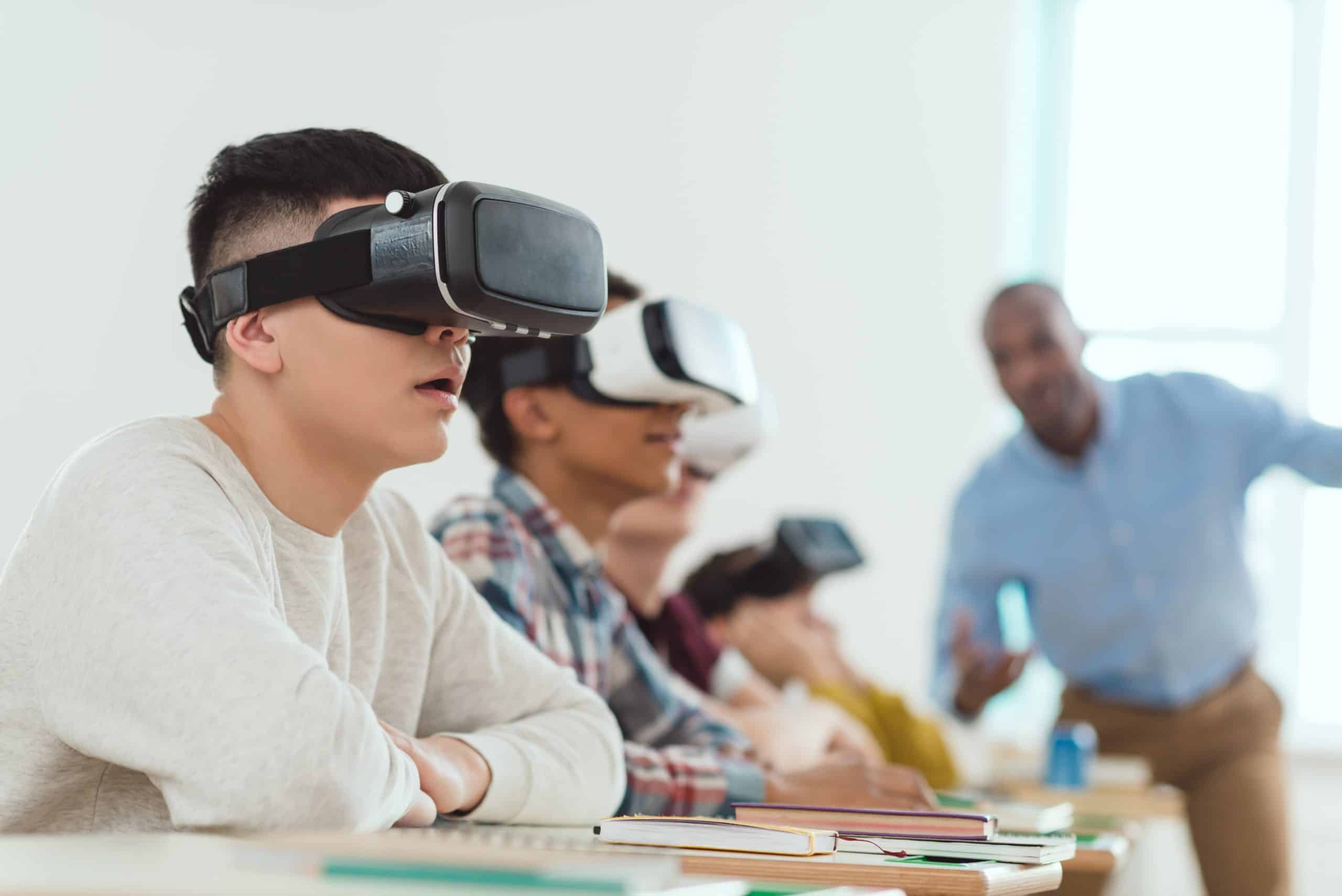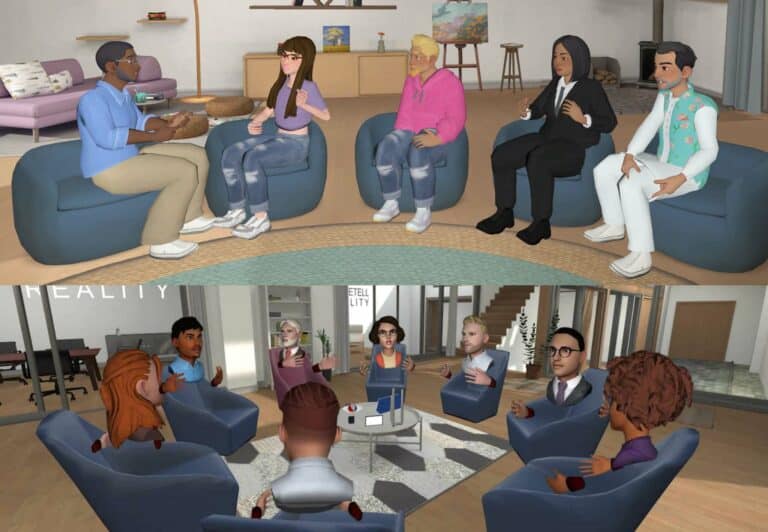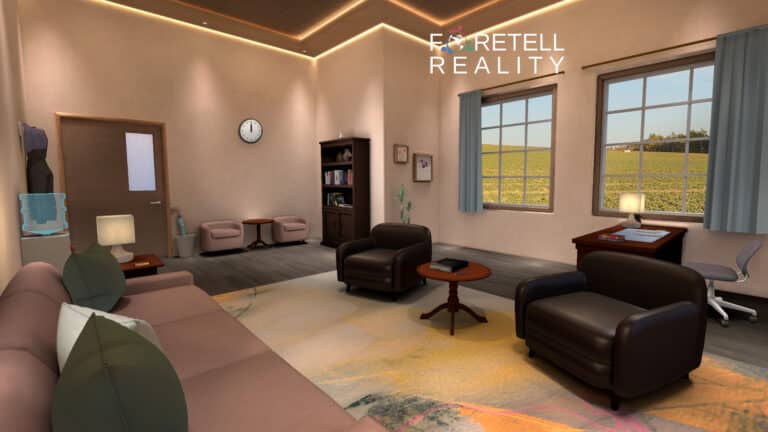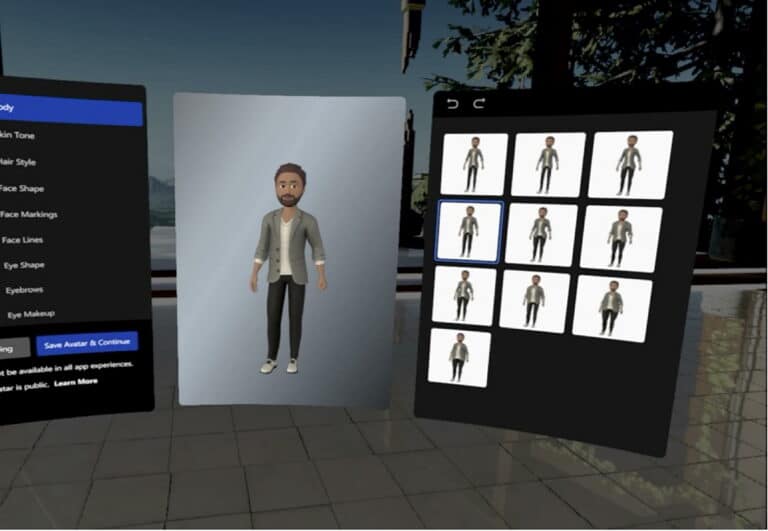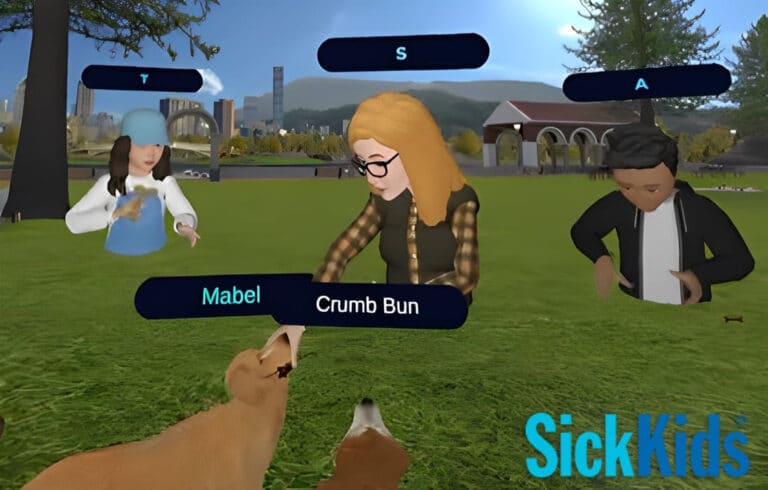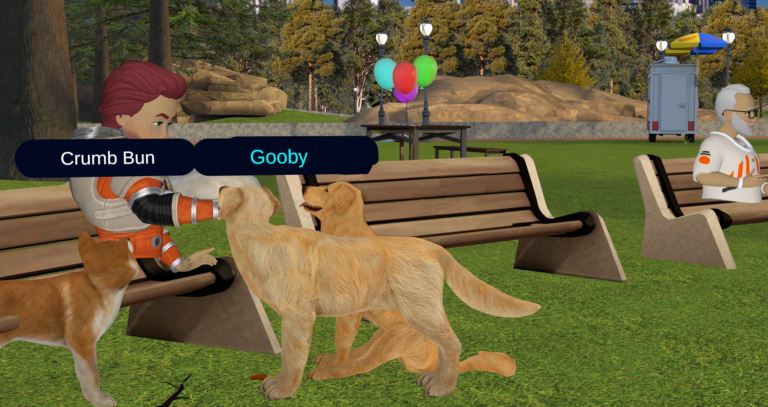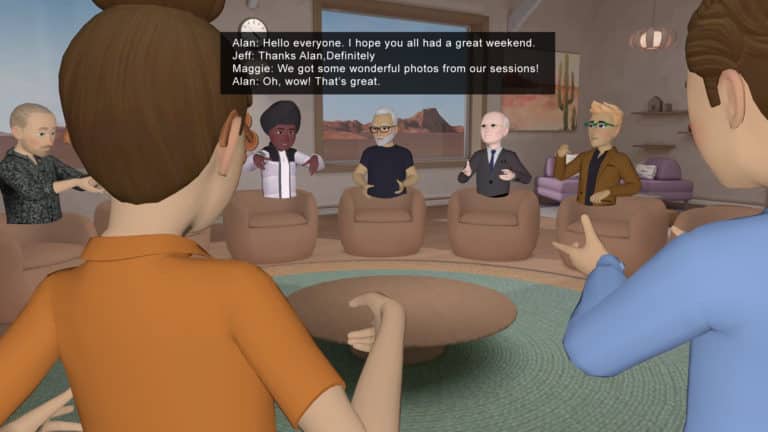In her recent article “7 Reasons Why Your School Should Be Prepping for the Metaverse“, Nikita Verma explains why virtual reality (VR) technology will be a key tool for educational institutions in 2023.
Beginning with the introduction that 2023 will be a big year for VR thanks to anticipated headset releases, Nikita outlines the 7 reasons why schools should incorporate virtual learning into their curriculum. Here are the core pillars of how immersive technology is currently used in schools.
- VR enables hybrid learning (1) which has been on the rise for universities as well as primary schools across the world. Virtual reality provides a great advantage for hybrid learners because it can truly recreate a sense of presence, allowing both virtual and in-person learners to feel like they are sharing the same physical space.
- GenZ’s enthusiasm for video games can easily translate to VR and the metaverse, allowing for a more engaged learning experience.
- “The metaverse offers a cost-effective solution for experiential learning” by reducing the cost of creating and redesigning physical learning spaces like campuses.
- It enables simulation-based learning and training for a variety of disciplines and specializations.
- Gamification through the metaverse enhances learning outcomes and engagement, promoting healthy competition, exploration, and social connections.
- The metaverse can bring skill-based learning modules into classrooms smoothly. Soft skills like collaboration, critical thinking, and creative innovation, are perfect examples of this.
- The metaverse will be the home of future schools and workplaces. Just like with the quick adoption of the internet and digital technologies, there is an upward surge of leading institutions building their worlds in the metaverse. We can therefore guess that the majority of future professions will be rooted in immersive virtual worlds. So, it will be critical to understand how they operate before joining the workforce or higher education.
To learn more about how to position your school or institution in the metaverse, visit Foretell Reality’s website where you can request a demo of our virtual campus, learning modules, and classroom experiences. At Foretell Reality, our mission is to enhance human interaction through virtual reality to help students learn and grow. Want to see more? Watch our video here.
Definitions
- Hybrid learning refers to classes, lectures, or educational curricula that take place both in-person and virtually. Hybrid programs can alternate between in-person and virtual sessions regularly, include participants that are regularly in-person and virtual at the same time, or be completely flexible between attendance in person or virtually.


